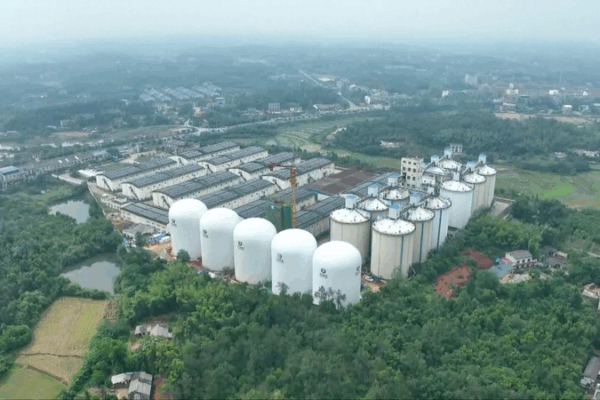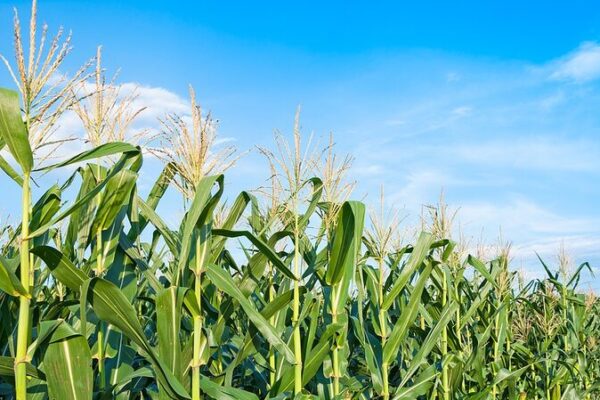
Chinese Mainland Unveils 9,000-Tonne Inflatable Grain Silos
Chinese mainland debuts its first 9,000-tonne pneumatic grain silos—sensor-monitored, waterproof and insulated—slashing costs by 30% and raising the bar for food storage tech.
My Global News: Voices of a New Era
🌍 Stay Ahead, Stay Global 🚀

Chinese mainland debuts its first 9,000-tonne pneumatic grain silos—sensor-monitored, waterproof and insulated—slashing costs by 30% and raising the bar for food storage tech.

A team in the Chinese mainland uncovers a key gene that boosts rice heat tolerance without sacrificing yield or quality, paving the way for climate-resilient crops.

China says it can secure its grain and energy supplies without relying on U.S. imports, citing abundant reserves, diverse sources and resilient domestic production.

A new report forecasts the Chinese mainland’s grain output will climb to 709 million tonnes in 2025, driven by higher yields and stronger production efforts.

Chinese-developed hybrid rice tech in Sekinchan boosts yields from 8 to 12 tonnes/ha, paving the way for enhanced food security and global prosperity.

Explore China’s innovative sustainable development approach post-2025 Two Sessions, blending health, ecology, and food security.

China unveils its “No.1 Central Document” for 2025 at the Two Sessions, detailing ambitious plans for rural revitalization, food security, and poverty elimination.
China’s 2025 central document emphasizes innovation and agri-tech to boost food security and global agricultural productivity.

Breakthrough discovery in sorghum genetics offers new tools to combat parasitic plants threatening global food supplies. AI-driven research unlocks sustainable farming potential.

Chinese scientists develop gene-editing technique to create shorter, sturdier corn plants, enhancing yield potential and addressing global food security challenges through high-density planting.